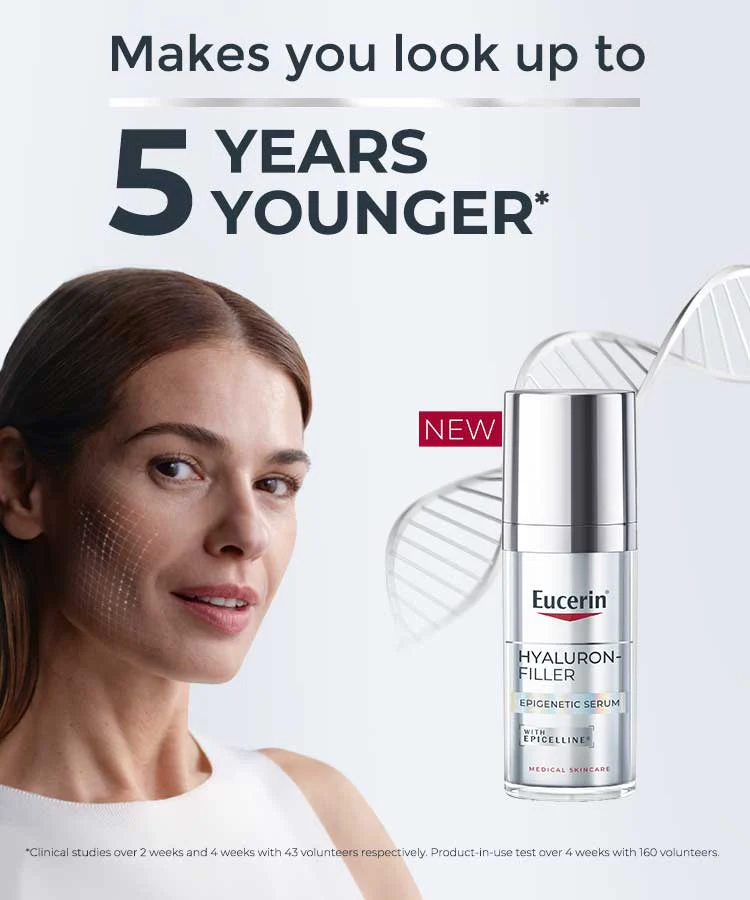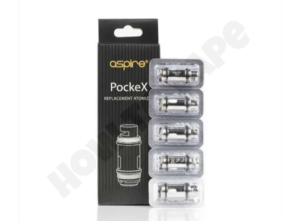Epigenetic Skincare: The Future of Anti-Aging Science
Epigenetic Skincare: How Science Is Changing Anti-Aging Forever
The beauty industry is constantly evolving, but one of the most groundbreaking developments in recent years is epigenetic skincare. This scientific advancement is revolutionizing how we think about aging, offering the possibility of not only slowing the process but also reversing some signs of it. In this article, we explore the science behind epigenetic skincare, how it works, and what it means for the future of anti-aging treatments.
What Is Epigenetics?
Epigenetics is the study of changes in gene expression that do not involve alterations to the underlying DNA sequence. Instead, these changes are often influenced by environmental factors such as diet, stress, and pollution. In essence, epigenetics is the way our lifestyle and surroundings affect how our genes function.
While the genetic code in our cells remains the same throughout our lives, epigenetic modifications can switch certain genes on or off. This has significant implications for aging, as it can influence how our skin ages and how it responds to external factors.
How Epigenetics Relates to Skin Aging
As we age, our skin undergoes numerous changes. Collagen production decreases, skin loses elasticity, and wrinkles begin to form. These changes are partly due to genetic factors but are also influenced by environmental factors. Research in epigenetics has shown that these changes can be modulated by factors like diet, sun exposure, and stress. Essentially, our genes may be pre-programmed for certain aging processes, but the rate at which they unfold can be influenced by how we treat our skin and bodies.
For example, studies have shown that UV exposure can cause epigenetic changes that accelerate the aging of the skin. On the other hand, a healthy diet rich in antioxidants and vitamins can positively affect gene expression, promoting healthier, younger-looking skin.
Epigenetic Skincare: The Science Behind It
Epigenetic skincare products aim to harness the power of epigenetics to slow down or reverse the visible signs of aging. These products are designed to target the skin’s genetic expression, influencing cellular processes at a molecular level. They work by using ingredients that affect the epigenetic pathways responsible for skin health.
- DNA Methylation: One of the most studied epigenetic mechanisms is DNA methylation. This process involves the addition of a methyl group to a gene, which can either activate or silence it. In the case of skin aging, DNA methylation can affect genes involved in collagen production, skin elasticity, and repair mechanisms. Skincare products that target DNA methylation aim to “turn on” genes that promote skin rejuvenation.
- Histone Modification: Histones are proteins around which DNA is wrapped. Modifications to these proteins can alter how tightly or loosely DNA is packed, influencing gene expression. By targeting histone modifications, epigenetic skincare products can encourage the skin cells to behave more like younger, healthier cells.
- Non-coding RNA: Non-coding RNA plays a critical role in regulating gene expression. Epigenetic skincare products may include ingredients that influence these RNA molecules to boost the skin’s natural repair processes.
Key Ingredients in Epigenetic Skincare
Several key ingredients are commonly used in epigenetic skincare products, each with a specific role in influencing gene expression.
- Peptides: Peptides are short chains of amino acids that can influence the skin’s ability to regenerate. They work by stimulating collagen production and improving skin barrier function. Some peptides have been shown to interact with epigenetic mechanisms, enhancing skin’s natural repair processes.
- Resveratrol: Found in red wine and certain fruits, resveratrol is a powerful antioxidant that has shown promise in influencing epigenetic pathways. It is believed to protect against oxidative stress, a major contributor to skin aging, by modulating the expression of genes that combat environmental damage.
- Vitamin C: Known for its anti-aging properties, vitamin C is a potent antioxidant that can impact epigenetic changes. It can help to repair skin damage by influencing genes involved in collagen synthesis, making skin appear firmer and more youthful.
- Retinoids: Retinoids are vitamin A derivatives that have long been used in skincare for their anti-aging effects. These compounds work by increasing cell turnover and promoting collagen production. Retinoids also affect epigenetic pathways, helping to reduce the appearance of fine lines and wrinkles.
- Curcumin: The active compound in turmeric, curcumin has shown potential in influencing epigenetic pathways related to inflammation and aging. Its anti-inflammatory effects can help maintain skin health and delay the visible signs of aging.
The Role of Epigenetic Skincare in Anti-Aging
Traditional anti-aging skincare products often focus on the outer layers of the skin. They may hydrate, exfoliate, or provide temporary fixes for wrinkles and fine lines. While these products can be effective, they don’t address the deeper causes of aging. Epigenetic skincare takes a different approach by working at the genetic level to influence cellular processes. This could mean longer-lasting results and more profound changes in the skin’s appearance.
Epigenetic skincare products can:
- Encourage skin regeneration: By targeting genes involved in cell turnover, these products can promote healthier, more youthful-looking skin over time.
- Increase collagen production: Collagen is a key protein that keeps skin firm and elastic. Epigenetic skincare can help stimulate collagen production, reducing sagging and fine lines.
- Improve skin texture: By encouraging better skin cell turnover, epigenetic products can enhance the smoothness and texture of the skin, making it look more radiant and youthful.
- Delay the aging process: By influencing epigenetic factors, these products may slow down or even reverse some signs of aging, making skin appear younger for longer.
Benefits of Epigenetic Skincare
Epigenetic skincare offers several potential benefits over traditional anti-aging products:
- Long-lasting effects: Because epigenetic skincare targets the genetic mechanisms of aging, it may provide longer-lasting results compared to surface-level products.
- Customizable treatment: As research in epigenetics grows, skincare products could be tailored to individual genetic profiles. This personalized approach could lead to even more effective treatments.
- Non-invasive: Unlike procedures like Botox or fillers, epigenetic skincare is a non-invasive approach that can be used at home, offering a safe and accessible option for anti-aging.
- Holistic approach: Epigenetic skincare takes into account the broader factors that influence aging, including diet, stress, and environmental exposure. This holistic approach can lead to healthier skin overall.
Challenges and Limitations
While the potential of epigenetic skincare is exciting, there are still challenges to overcome. The science of epigenetics is complex, and much is still unknown about how to effectively target specific epigenetic pathways in the skin. More research is needed to fully understand how these products work and what their long-term effects might be.
Additionally, the cost of epigenetic skincare products can be higher than traditional products. As the field develops, it is likely that more affordable options will become available.
The Future of Epigenetic Skincare
The future of epigenetic skincare is bright, with continued advancements in research and technology. As scientists learn more about how genes influence skin aging, new, more effective products will be developed. Personalized skincare based on genetic analysis may become a reality, offering individuals customized treatments that target their unique aging patterns.
Additionally, the integration of epigenetic skincare with other anti-aging technologies, such as stem cell therapy and gene editing, could lead to even more powerful treatments in the future. However, it will be essential to ensure these treatments are safe and accessible to the wider public.
Conclusion
Epigenetic skincare is changing the way we think about aging. By targeting the genetic mechanisms that control skin health, these products offer the possibility of slowing, stopping, or even reversing some signs of aging. While there is still much to learn, the potential benefits are clear. As science continues to advance, epigenetic skincare may play a pivotal role in helping us maintain youthful, healthy skin for years to come.
Incorporating epigenetics into skincare could truly be the next frontier in anti-aging. And for those seeking more effective, long-lasting solutions to aging skin, it represents a promising and exciting future.For more skincare and beauty insights, visit https://venzec.icu/ and stay updated with the latest anti-aging trends!














Post Comment